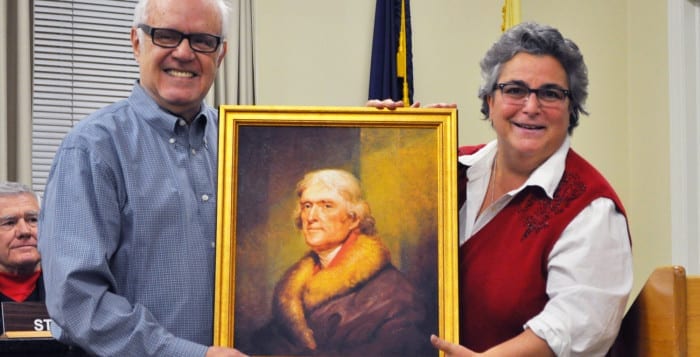State University of New York Board of Trustees today appointed Dr. Edward Bonahue as president for Suffolk County Community College. The appointment was announced by the SUNY Board of Trustees and SUNY Chancellor Jim Malatras.
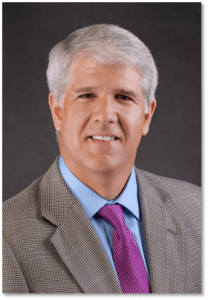 “SUNY Suffolk is the largest community college in our system, serving more than 22,000 students with a high-quality and affordable education to jump start careers or provide the launching pad for further degrees, and we are pleased to have Dr. Bonahue join the SUNY family to lead this multi-campus College,” said Chancellor Malatras. “We thank Interim President Lou Petrizzo for making sure our students could succeed in their studies during this pandemic, and at the same time help the community as a vaccination site. Now with President Bonahue joining the team, we look forward to celebrating the end of this academic year and look forward to a fuller reopening this fall.”
“SUNY Suffolk is the largest community college in our system, serving more than 22,000 students with a high-quality and affordable education to jump start careers or provide the launching pad for further degrees, and we are pleased to have Dr. Bonahue join the SUNY family to lead this multi-campus College,” said Chancellor Malatras. “We thank Interim President Lou Petrizzo for making sure our students could succeed in their studies during this pandemic, and at the same time help the community as a vaccination site. Now with President Bonahue joining the team, we look forward to celebrating the end of this academic year and look forward to a fuller reopening this fall.”
SUNY Board Trustee Cary Staller said, “Dr. Bonahue has amassed a great breadth and depth of experience in higher education over the past two decades in areas such as developing academic programs, creating career pathways, and fostering student success. His background in community colleges makes him a great fit to lead Suffolk County Community College during this pivotal time where a degree is the gateway to professional success and personal growth. The Board congratulates President Bonahue on his appointment.”
Suffolk County Community College Chair E. Christopher Murray said, “The SUNY Suffolk trustees are excited that Dr. Bonahue will be our new president. With his background and abilities, he will make an outstanding leader who can assure the college’s continued success at serving the Suffolk County community. I would also like to give the Board’s heartfelt thanks to Interim President Lou Petrizzo for his great leadership during these challenging times.”
President Bonahue said, “It will be a tremendous honor and privilege to serve as the next president of Suffolk County Community College. SUNY Suffolk is an outstanding college that changes students’ lives every day, and I look forward to being part of the Suffolk community. I want to thank Chancellor Jim Malatras and the whole SUNY Board, as well as the Suffolk Board of Trustees for their confidence in me.”
About Dr. Edward Bonahue
Dr. Bonahue is a seasoned higher education executive with more than 20 years of experience in community college education, including service as a tenured faculty member and executive administrative leader. He currently serves as the provost and vice president for Academic Affairs at Santa Fe College in Florida, a position he has held since 2009. In that role, he provides leadership for planning, management, and assessment of all credit and non-credit instructional programming, and economic and workforce development initiatives.
In this capacity, he has implemented nine new baccalaureate programs and multiple associate of science degree and certificate programs, as well as established two deferred-admission partnerships with the University of Florida. He has provided leadership for major college-wide grant initiatives, including a $2.5 million Title III grant, a $1.7 million Department of Labor Trade Adjustments Assistance Community College and Career Training grant, a $1.5 million American Recovery & Reinvestment Act grant, as well as raised more than $300,000 for facility renovation to support related programming.
At Santa Fe College, Dr. Bonahue has served as the associate vice president for Academic Affairs; chair, Department of Humanities & Foreign Languages; co-chair, International Education Initiative; co-chair, SACS Reaccreditation Steering Committee; assistant chair and adjunct coordinator, Department of Creative Arts & Humanities; and assistant/associate professor of Humanities and Theatre. Additionally, he has also held positions of visiting assistant professor of humanities at the College of Liberal Arts and Sciences at the University of Florida and instructor of English at the University of North Carolina.
In addition to his academic experience, Dr. Bonahue was the managing editor for The Southern Literary Journal University of North Carolina; managing editor, Shakespeare Quarterly, Folger Shakespeare Library; and editor, U.S. General Services Administration. In 2009, Dr. Bonahue was a Fulbright Scholar with the U.S. International Administrators Program in Germany, and in 2016-2017, he was an Aspen Institute College Excellence Program Presidential Fellow.
A native of Long Island, Dr. Bonahue earned a Ph.D. in English literature at the University of North Carolina; M.A. in English literature at the University of North Carolina; and B.A. in English literature from Wake Forest University.








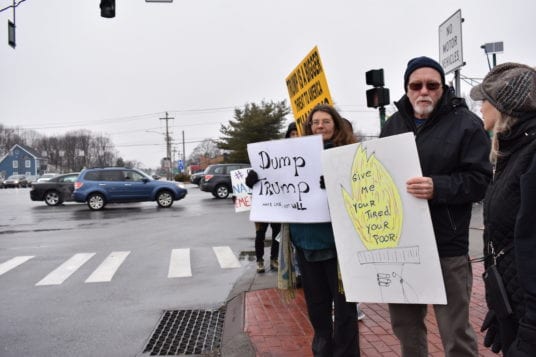


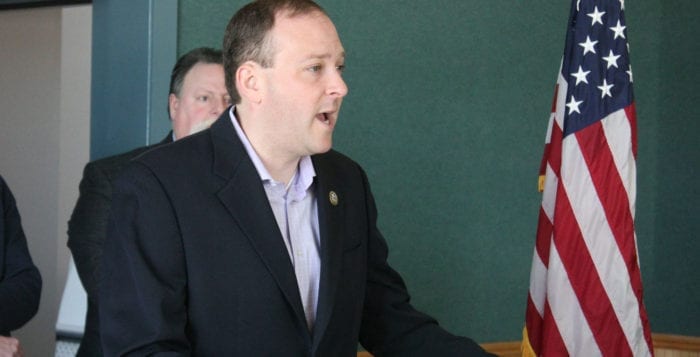
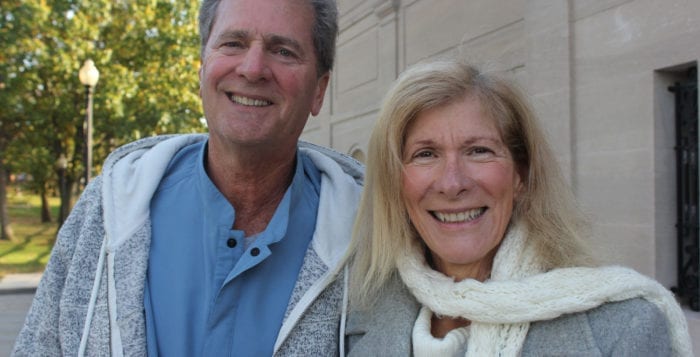
 Sarah Leanza, Port Jefferson
Sarah Leanza, Port Jefferson
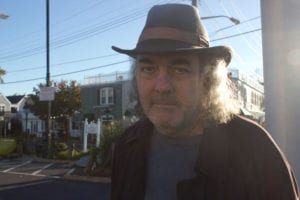

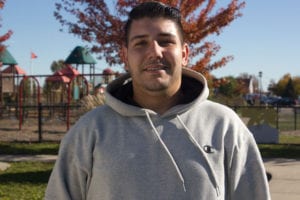 Raymond Diaz, Mount Sinai
Raymond Diaz, Mount Sinai Mike Barba, Malverne
Mike Barba, Malverne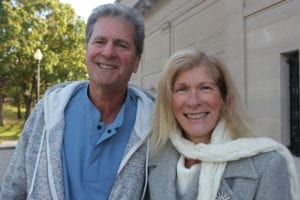 Michael and Cindy Rawdin, Dix Hills
Michael and Cindy Rawdin, Dix Hills Craig Marcott, Huntington
Craig Marcott, Huntington


